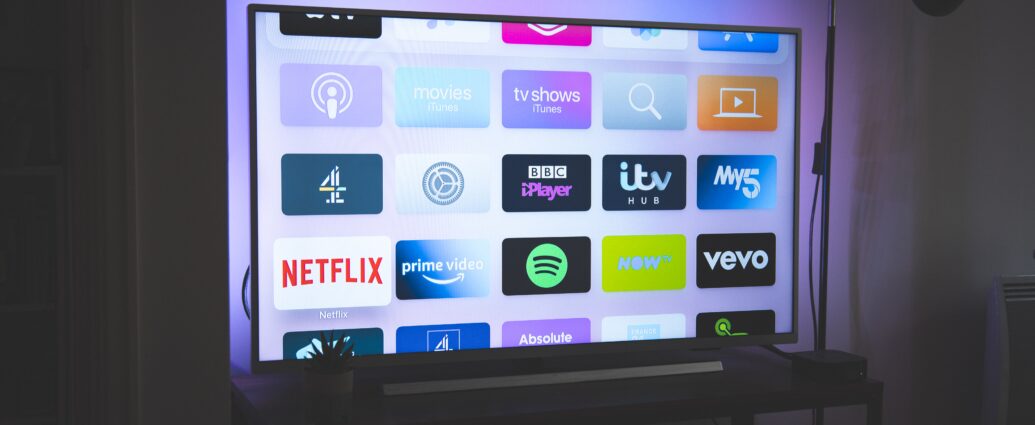Cara Rogers
Chit-chatting about my latest writing endeavours, a male friend enquires about the pieces I’m working on at the moment. I take a deep breath before I answer him with those dreaded words: “Love Island!”.
“Oh, really?” Disappointment colours his tone.
This isn’t the only interaction of this kind I’ve had when I bring up the ITV2 hit show. I’ve mentioned to the wrong crowd on multiple occasions that I was looking forward to that evening’s episode and been faced with an eye roll, a scoff. One man told me that I went down in his estimations when I told him I watched it! Joking (I think), but still striking.
With another season been and gone, I’ve been reflecting on the persistence of what I like to call ‘Love Island snobbery’ – a ‘holier than thou’ attitude which sets up Love Island as fundamentally unsatisfactory television, and dubs those who watch it severely lacking in good taste.
“conversations that are characterised by the assumption that Love Island is an inherently ‘lesser’ kind of television.”
I’m a Love Island fan. I’m nearly always set up at 9pm ready and raring to watch the latest episode. It’s a great casual watch, usually very juicy, and has some great summer outfit inspiration.

I also think that there are plenty of things you can critique about the show: it perpetuates body image problems, misogynistic double standards, and often spotlights arguably toxic relationships. I don’t like these things about Love Island, and I think we should challenge them.
I’m always fascinated though by the vitriol and distaste that can surround Love Island discussion – conversations that are characterised simply by the assumption that Love Island is an inherently ‘lesser’ kind of television.
Love Island: Loving and Hating
Part of a long line of reality television, Love Island is the contemporary crème de la crème of dating shows. Across the years, we have seen a reasonable amount of love success stories come out of the show – check out Love Island’s top five most successful couples here. Season 8, premiering on ITV2, averaged 2.4 million viewers – a vast rise from its 2015 season which premiered with 597, 000 viewers. Despite its increased viewing figures, this kind of reality TV continues to face criticism.
“Reality TV to me is the museum of social decay”: famous words by Gary Oldman. And he is not alone in his somewhat haughty dismissal of this side of popular culture. The likes of Piers Morgan repeatedly dismiss reality TV like Love Island as a platform for “debauchery which shames both those in it and those at home watching it”. The internet is similarly littered with various think pieces condemning the UK’s obsession as an embrace of “vapidity and stupidity on an unprecedented level”.
A Question of Class?
“I can’t help but feel that this attitude is insulting and unnecessary.”
I’m curious as to whether the sharp dismissal of Love Island that we see here is an iteration of class-based prejudice, and whether it should be challenged as such. Indeed, various sociologists have explored how cultural consumption comes to be seen by those in a classed society as a strong marker of class. We might see particular pastimes as belonging to particular classes and hence deemed acceptable or unacceptable. Football is a working-class sport, lacrosse firmly upper-class. Going to the opera an upper-class pastime and watching reality TV decidedly lower-class. In a society marred by the workings of class, reality TV is routinely tainted as less meaningful, less intelligent, less worthwhile. I can’t help but feel that this attitude is insulting and unnecessary.

Instead of watching Love Island, it’s implied that we should engage in more intelligent activities – reading a history book or playing chess, perhaps – as though watching reality TV is a stain on our characters. There’s an intriguing superiority surrounding discussions of Love Island and reality TV more broadly, an unwillingness to accept this genre of television as a legitimate pastime, with these dismissals echoing class-based ideologies of culture, intelligence, and education.
The Problem With Love Island TV Snobbery
But we risk narrow-mindedness when we dismiss this television as inherently lesser. It is arrogant to think that we are the arbiters of what is ‘good’ television, when the consumption of culture and the things we enjoy are so personal. It is okay to dislike certain things, but I find myself wondering why Love Island’s critics are so keen to tell its viewers that their choice of television is poor.
And indeed, we shouldn’t feel the need to defend ourselves for spending time watching television that is light-hearted, entertaining, and not always academically stimulating. We should be able to consume content without considering whether it is intellectual, complex, or productive enough.
“I don’t think you’re a fundamentally better person because you don’t watch Love Island,”
I take issue with those who criticise Love Island from condescending pedestals. I think we all have our vices – activities we engage in that maybe don’t add anything to our life other than light entertainment. And those who react to the mentioning of Love Island and reality TV with an eye roll or a scoff no doubt also have theirs. As I see it, there’s no need for a hierarchy of hobbies.
I would never argue that Love Island is the highest quality form of entertainment devised in the twenty-first century. Equally though, I don’t think you’re a fundamentally better person because you don’t watch Love Island, and I’ve found it fascinating to see how loudly critics like to shout their distaste from the rooftops.
We don’t need to be snobby about Love Island– sometimes it’s okay to just watch TV.
Featured image courtesy of Nicolas J Leclercq on Unsplash. No changes were made to this image. Image license found here.


Really interesting points!